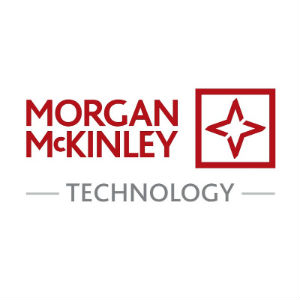From cloud computing to smart applications, HR has been investing in the most advanced tools and human resource management platforms that can automate conventional HR processes. These systems were built to reinvent people management and improve workforce capacity. Over the years we have seen the emergence of EPR, user-centric strategies and mobile applications; that played a crucial role in elevating the capabilities of the human resource departments.
So, what are some of the other disruptive trends in HR technology that are forecasted to revolutionize the world of business?
- Emphasis on HR analytics
The implementation of HR analytics has increased by leaps and bounds to enhance workflow and business operations. From just administration work and manual data entry – human resource has moved onto advanced analytics through predictive reporting and creating resourceful dashboards. HR analytics is being applied to various processes including recruitment (predicting skill requirement of suitable candidates), retention (strategies that need to be implemented to retain employees), employee training, human resource management and performance monitoring.
Advanced tools and analytical models are also being used to monitor employee whereabouts, communication patterns and employee engagement, whose data is used to improve user experience and increase the rate of efficient employee work hours. More innovations in analytics are expected to have a disruptive effect on human resource management.
- Developing learning and training modules
Skill development has always been prioritized as a top talent management solution by HR managers. The scope for corporate learning has matured with the inclusion of learning management systems (LMS) into business processes and human resource management solutions. The growing market for e-learning and video-based classroom training (webinars) has emphasized the need to strengthen employee skills by engaging them in active learning sessions. These courses are being developed based on individual employee competencies and are designed to perform logically to recommend suitable actions in training.
E-learning is establishing itself to be the main support in coping with the changing business demands.
- Advanced recruitment models
Recruitment is very crucial for all businesses. Over the years, innovative methods have been shaping the way recruitment and talent acquisition is processed. Vendors offering recruitment management and human resource management systems are developing advanced models that cater to the end-to-end process of hiring; from finding the right candidates to onboarding and background verifications, all are taken care of through easily accessible user portals. These advanced tools and models filter the right skills based on consolidated candidate data that are linked to online job portals and websites. They analyze the business needs and strategize hiring plans accordingly; that implement various interviewing processes, candidate assessments, business branding, pre-screening tests and employee referrals.
The advanced talent management solutions are not only being made easily accessible to managers and recruiters, they are also designed to be user-friendly for employees and hiring candidates as well. Cutting-edge recruitment tools top the list of disruptive HR technologies that are sure to impact the effectiveness of a business process.
- Automation of HR
HR has taken a brave step in employing automated processes that relieve teams from traditional practices and improve their capabilities to indulge in more strategic tasks. Human resource teams are boldly adapting to robotic process automation, artificial intelligence and augmented reality that improves employee experience and addresses several queries related talent management. Bots are being utilized to process human language and interpret commands that simplify tedious tasks. Process automation is increasing its application into different human resource management systems and is significantly seen to maximize its scope and add value to HR.
The above few points highlight the probable disruptive changes in HR departments that can influence the way an organization functions and assess employee experience. Many such innovations including big data, artificial intelligence and cognitive computing are also presenting significant traces of impact on HR. These influences put together will certainly disrupt HR processes, but how well is an organization prepared to face and embrace it is where the true potential of these technologies lie.

